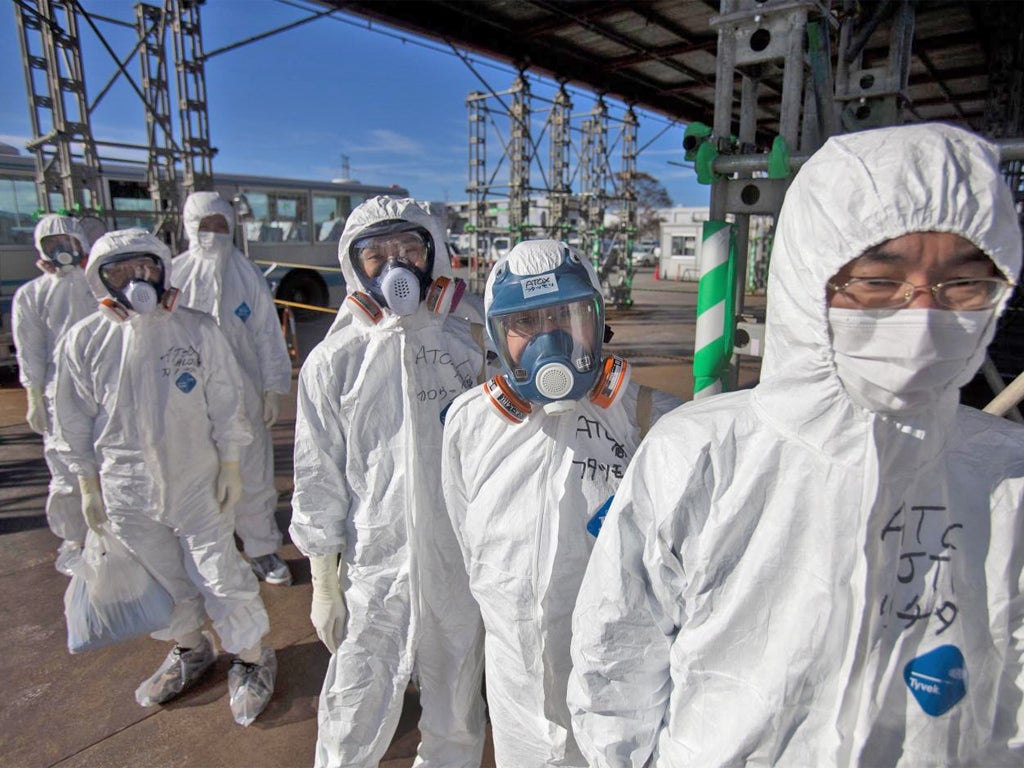
Your support helps us to tell the story
From reproductive rights to climate change to Big Tech, The Independent is on the ground when the story is developing. Whether it's investigating the financials of Elon Musk's pro-Trump PAC or producing our latest documentary, 'The A Word', which shines a light on the American women fighting for reproductive rights, we know how important it is to parse out the facts from the messaging.
At such a critical moment in US history, we need reporters on the ground. Your donation allows us to keep sending journalists to speak to both sides of the story.
The Independent is trusted by Americans across the entire political spectrum. And unlike many other quality news outlets, we choose not to lock Americans out of our reporting and analysis with paywalls. We believe quality journalism should be available to everyone, paid for by those who can afford it.
Your support makes all the difference.Another Japanese nuclear reactor was taken off line for maintenance yesterday, leaving the country with only one of its 54 reactors operational following last year's devastating tsunami.
The last reactor is expected to be shut down by early May, increasing the chances of power shortages across the nation as demand increases in the hot summer months.
The No 6 reactor at the Kashiwazaki-Kariwa complex was taken off line early yesterday by the Tokyo Electric Power Company. The utility also runs the plant in Fukushima, north-east of Tokyo, that suffered meltdowns, explosions and radiation leaks after the devastating earthquake and tsunami on 11 March last year. Japanese reactors are taken off line every 13 months for regular checks. With concerns over nuclear safety high, none of the reactors that have been shut down for checks, and none that were already off-line at the time of the disaster, has been allowed to restart.
The last reactor, on the northern island of Hokkaido, will be shut down in May. The timing for when any reactors will be restarted remains unclear.
Before the crisis, Japan depended on nuclear power for one-third of its electricity. The government wants to restart reactors as soon as "stress tests" prove they are safe but local leaders, fearing a political backlash, are reluctant to give their approval.
Authorities have required all reactors to undergo the stress tests, similar to those used in France and elsewhere in Europe, in order to assess how well the plants can withstand earthquakes, tsunamis, storms, loss of power and other crises.
The Prime Minister, Yoshihiko Noda, has promised to reduce Japan's reliance on nuclear power. The country has temporarily turned to oil and coal generation plants to make up for the shortfall.
Join our commenting forum
Join thought-provoking conversations, follow other Independent readers and see their replies
Comments